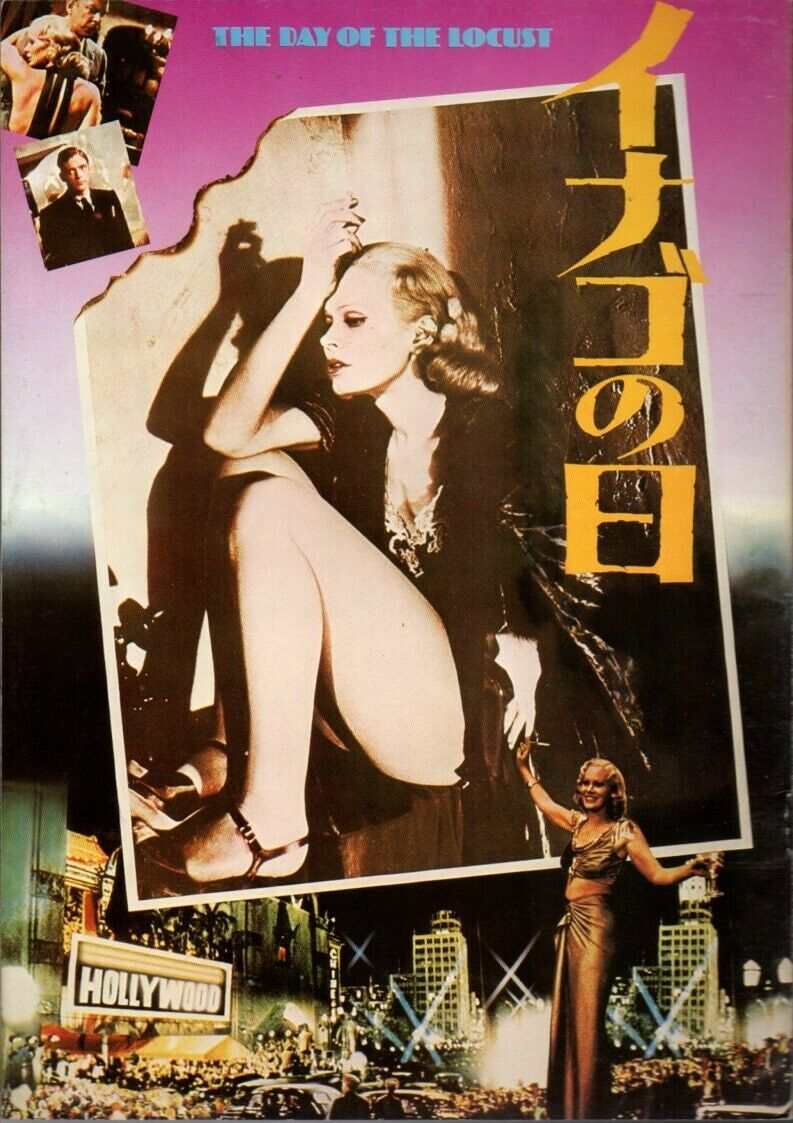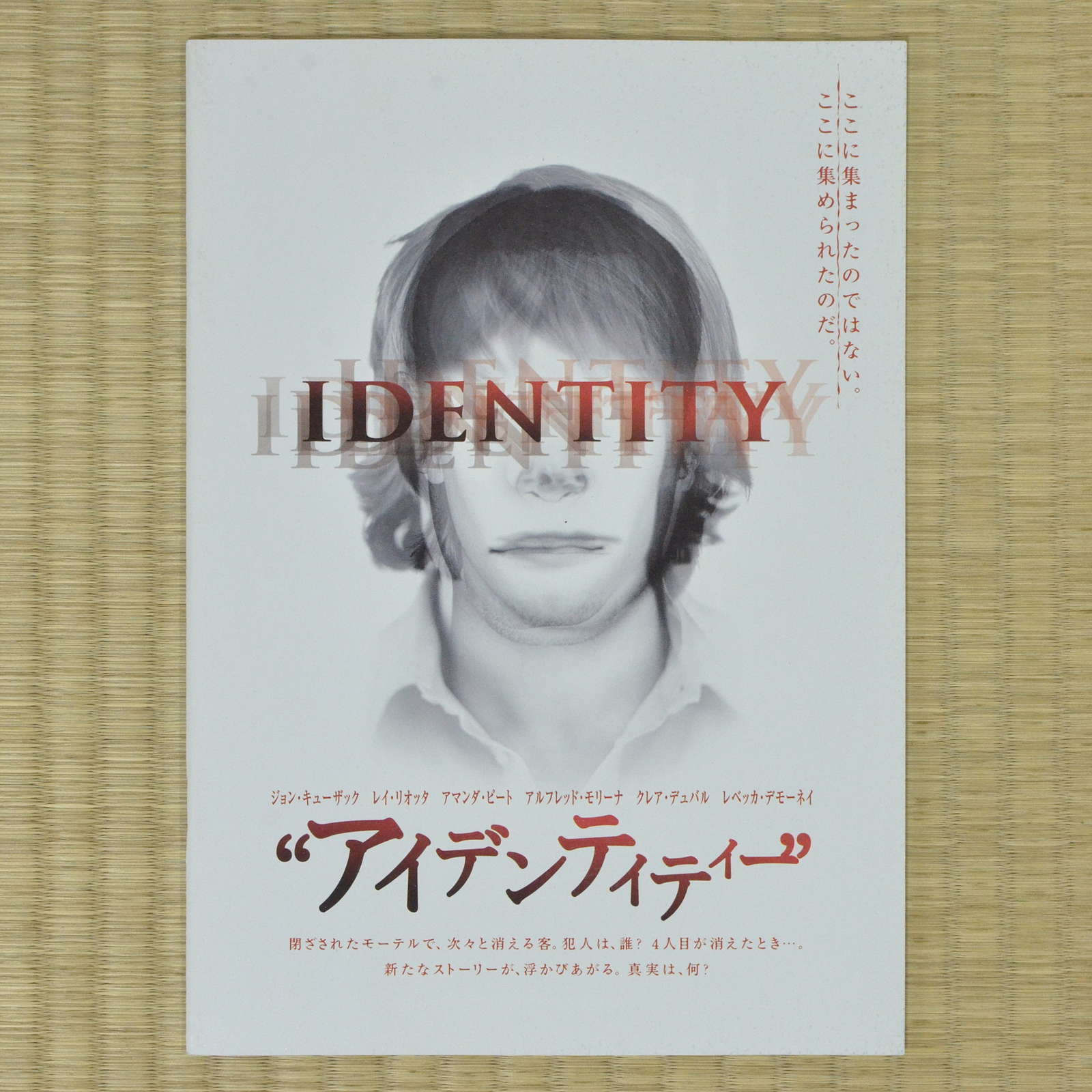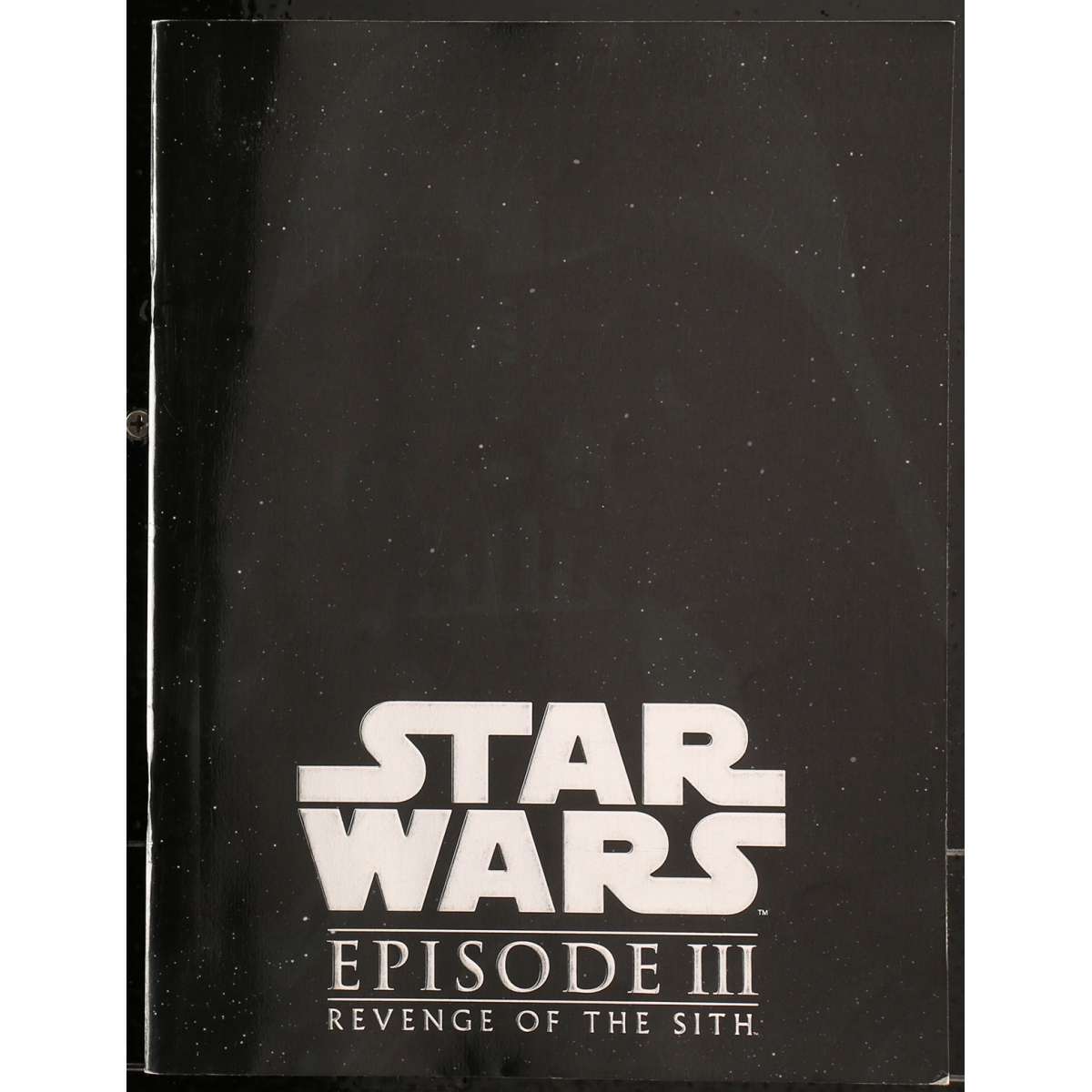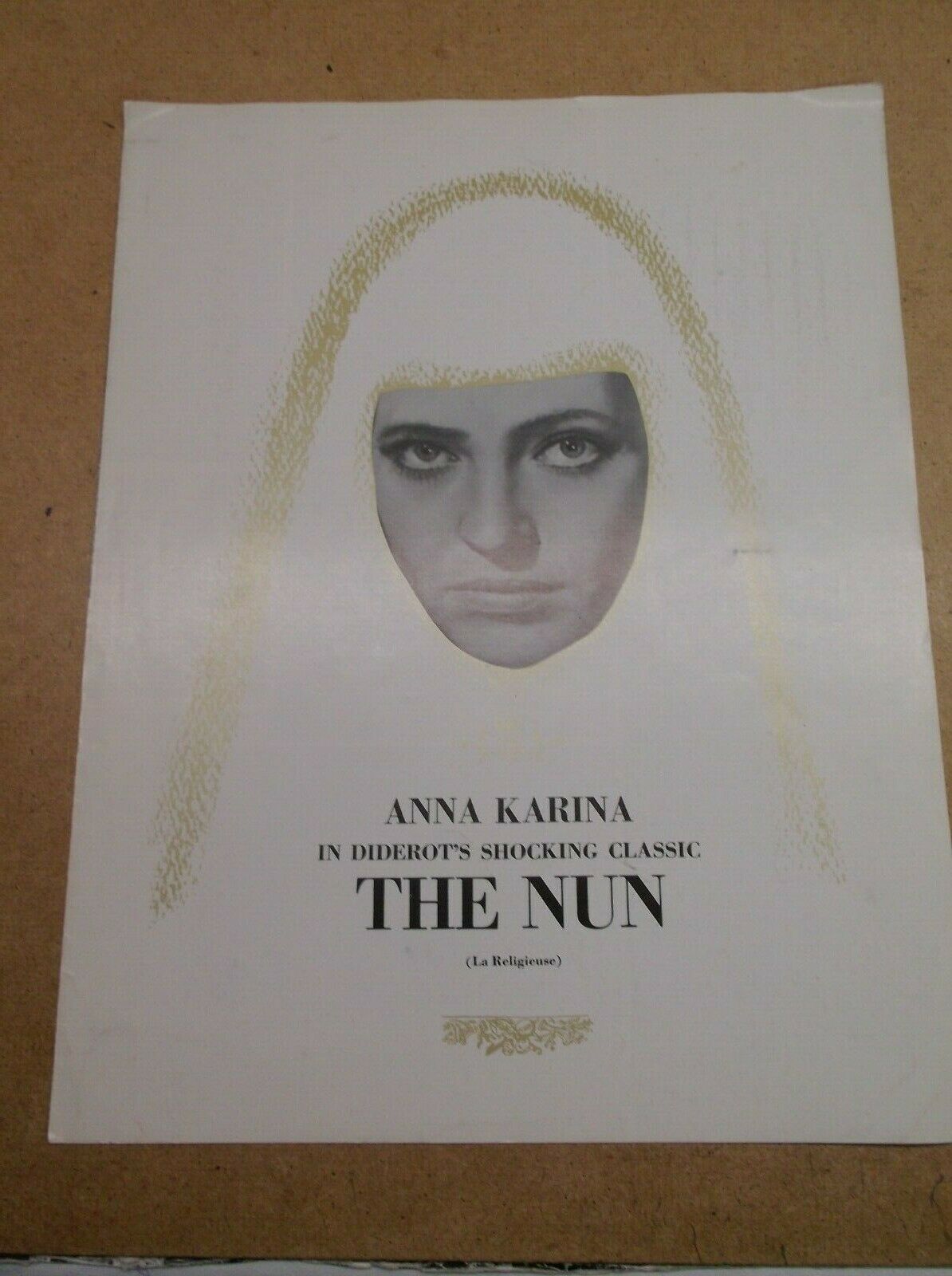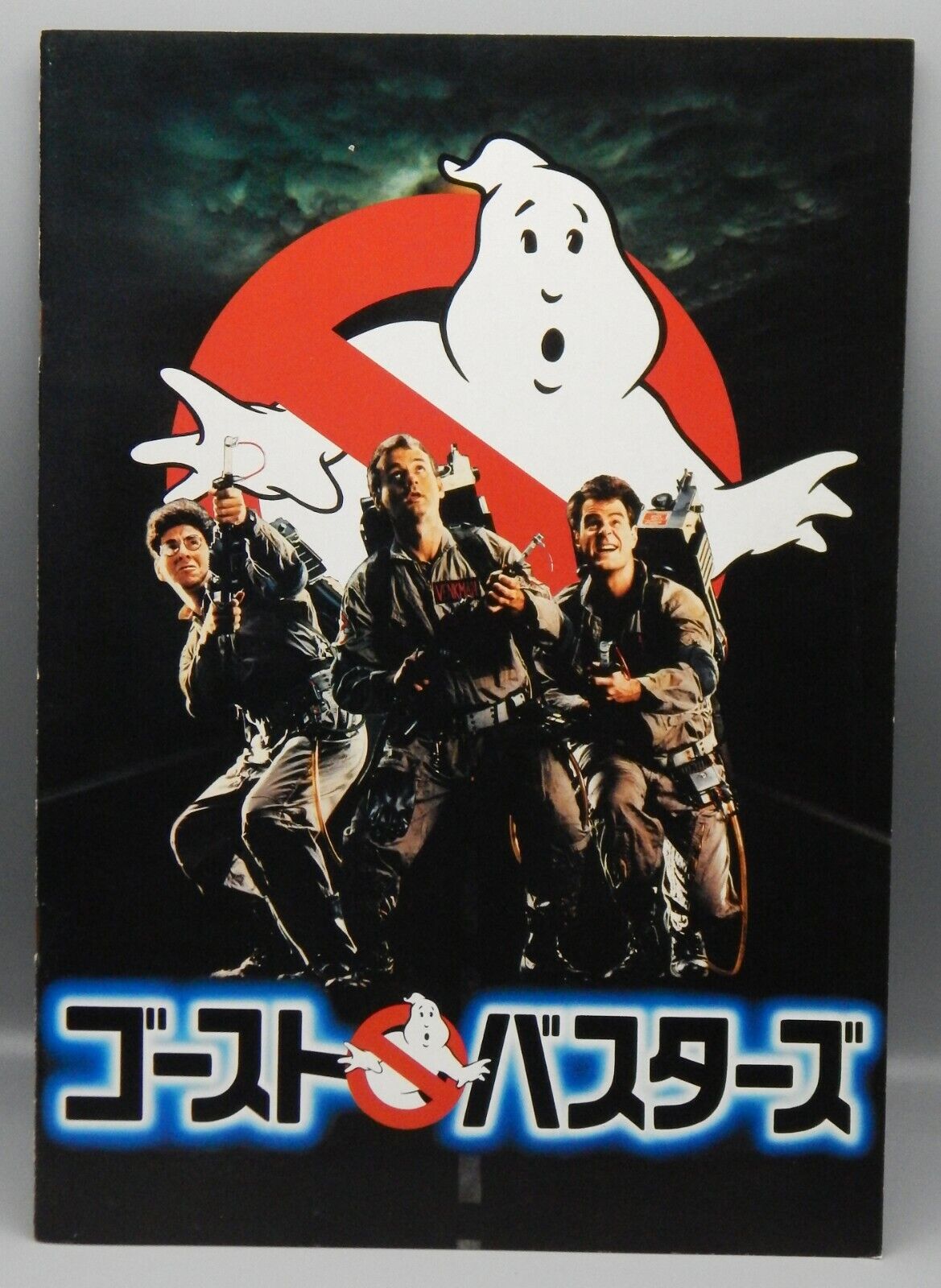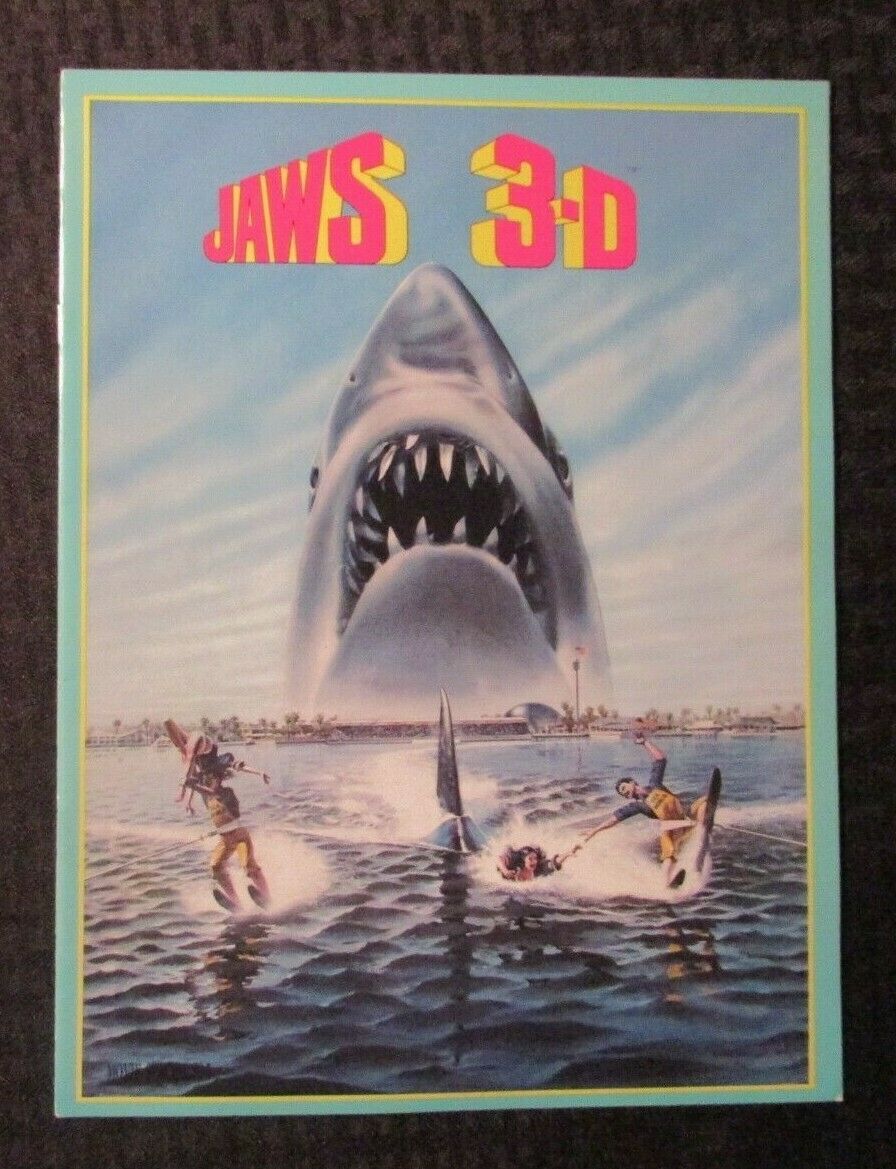-40%
1968 "THE LION IN WINTER" Original Film Program KATHERINE HEPBURN, PETER O'TOOLE
$ 5.27
- Description
- Size Guide
Description
Original 1968 film program from the Avco Embassy/Joseph E. Levine production "The Lion In Winter," starring Peter O'Toole (as King Henry II) & Katherine Hepburn (as Eleanore of Aquitaine).The film also starred Jane Merrow as Princess Alais, John Castle as Prince Geoffrey, Timothy Dalton as King Philip of France, Anthony Hopkins as Prince Richard, Nigel Stock as William Marshall, and Nigel Terry as Prince John.
The screenplay was written by James Goldman, who was also responsible for the films "They Might Be Giants" (1971), "Nicholas and Alexandra" (1971), "Robin and Marian" (1976) & "White Knights" (1985). Director Anthony Harvey also directed "They Might Be Giants," and was Editor for "Lolita" (1962) and "Dr. Strangelove" (1964).
From IMDB:
* Katharine Hepburn portrayed her own ancestor. She was descended from Eleanor of Aquitaine in numerous lines, from both Eleanor's marriage to Louis VII, King of France, and Eleanor's marriage to Henry II, King of England.
* Katharine Hepburn would occasionally berate Peter O'Toole and Sir Anthony Hopkins for turning up drunk or hungover on the set.
* Katharine Hepburn bested Peter O'Toole as the top dog on the set. Known to be something of a tyrant on most of his shoots, O'Toole meekly obliged, when she told him, "Peter, stop towering over me. Come and sit down and try to look respectable." O'Toole readily admitted in her presence that she reduced him "to a shadow of my former gay-dog self. She is terrifying. It is sheer masochism working with her. She has been sent by some dark fate to nag and torment me." Her reply: "Don't be so silly. We are going to get on very well. You are Irish, and you make me laugh. In any case, I am on to you, and you to me."
* Katharine Hepburn is the only movie star to win four Academy Awards (as of 2019) for her leading roles in Morning Glory (1933), Guess Who's Coming to Dinner (1967), this movie, and On Golden Pond (1981).
* To the company's amazement, Katharine Hepburn swam twice a day in the frigid winter sea in Ireland, early in the morning, and during her lunch break. When Peter O'Toole asked her why she did it, she explained, "It's the shock, so horrible, that it makes you feel great afterwards."
* Director Anthony Harvey and art director Peter Murton decided to make the setting as true as possible to the times. Therefore, although the principal characters were royalty, they lived in drafty, dirty castles, rather than the sanitized, glamorized view of medieval life most movies have taken.
* Theatrical movie debut of Timothy Dalton (King Philip II).
* According to director Anthony Harvey, Katharine Hepburn kept the Oscar she received for this movie in a paper bag, and in a cupboard for years after he'd delivered it to her.
* This was the second time that Peter O'Toole played King Henry II. The first time was in Becket (1964). He received Academy Award nominations for both performances.
* The stone figures seen during the opening credits were discovered by chance by director Anthony Harvey, along a driveway, while filming was underway in France.
* Sir Anthony Hopkins told Jonathan Rhys Meyers that Peter O'Toole was constantly late to the set, and that Hopkins would help out by mimicking his voice off camera for certain shots. O'Toole arrived one day to find Hopkins doing his voice, and after that forbade him from doing it again.
* On the first day of rehearsal, Katharine Hepburn slammed her thumb in a heavy iron door at the theater, crushing the nail, and causing a deep cut down the length of her hand. But she refused to go to the hospital, and insisted on continuing with rehearsal. She also refused stitches, saying the wound would take too long to heal before shooting began.
* Sir Anthony Hopkins' debut in a full-length theatrical movie (he made his debut in the forty minute long The White Bus (1967). When young Hopkins expressed anxiety about his performance compared to such established names as Peter O'Toole and Katharine Hepburn, Hepburn allegedly advised him, "Don't act. Leave that to me; I act all over the place. You don't need to act. You've got a good face, you've got a good voice, you've got a big body. Watch Spencer Tracy, watch the real American actors that never act, they just do it. Just show up and speak the lines." Hopkins later regarded this as the best acting advice he had ever been given.
* For the greatest authenticity, the actors and actresses wore their costumes as long as possible before shooting a scene, so that they looked soiled and frayed. Although costume designer Margaret Furse preferred dark clothes, Katharine Hepburn talked her into brighter colors for Eleanor, who she reasoned had been to the Middle East, and would have owned many vividly colored articles.
* While close-ups of Prince Richard (Sir Anthony Hopkins) in his jousting costume were being filmed, the horse was spooked and bolted. Hopkins fell off and broke his arm. Filming the scene with his sword raised above his jousting opponent was very difficult, due to this.
* Cinematographer Douglas Slocombe worked out a rich lighting pattern that was meant to give this movie the look of illuminated manuscripts from the historical period.
* The original Broadway stage production written by James Goldman opened at the Ambassador Theatre in New York on March 3, 1966, and ran for ninety-two performances. The cast included Rosemary Harris as Eleanor of Aquitaine, Robert Preston as Henry II, and Christopher Walken as King Philip of France. Rosemary Harris won the 1966 Tony Award (New York City) for Actress in a Drama. A 1999 revival starred Stockard Channing as Eleanor, and Laurence Fishburne as Henry II.
* Favorite film of playwright/screenwriter Aaron Sorkin. He has quoted the play's dialogue in his own writing, most notably on his long-running television series 'The West Wing.'






